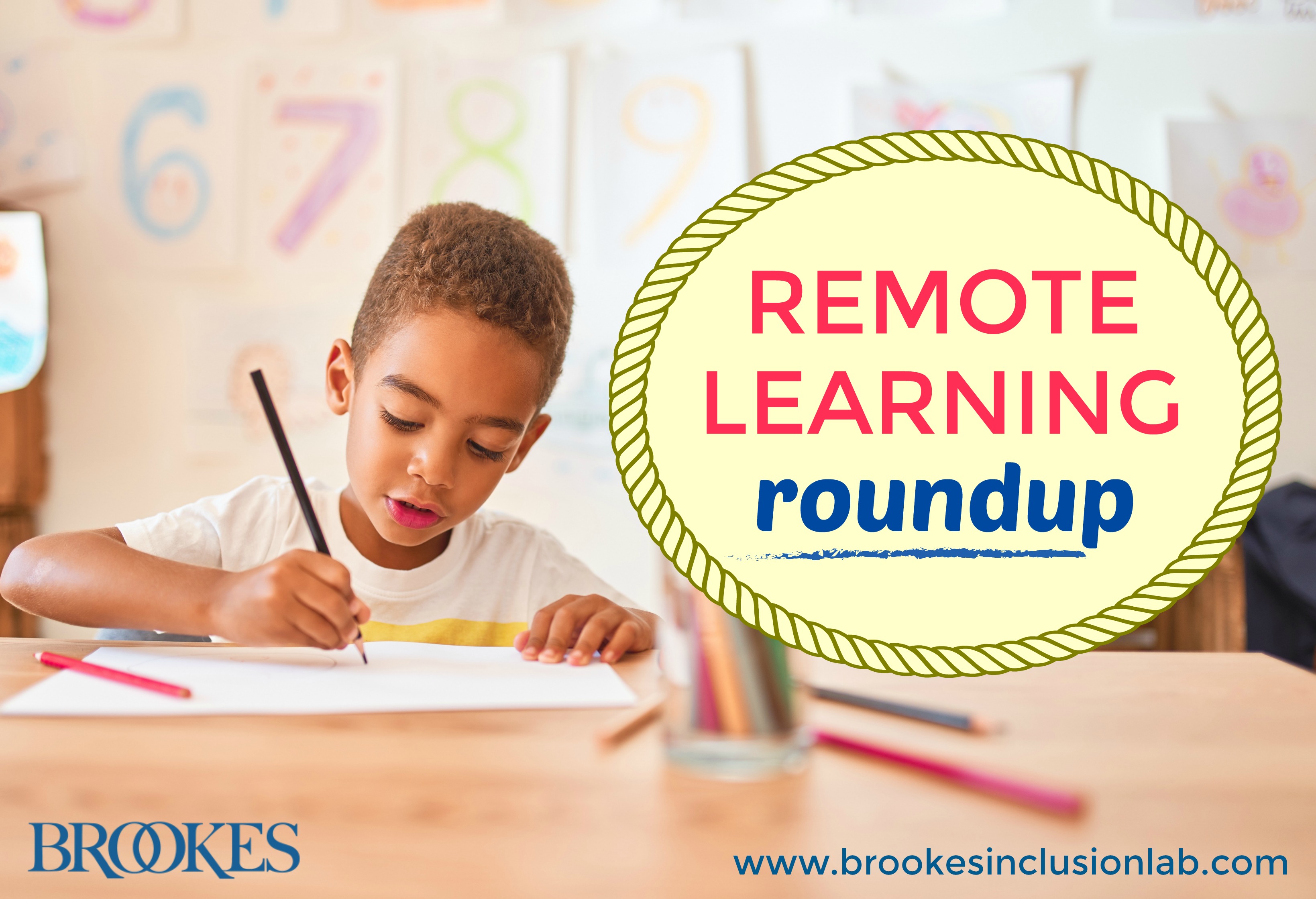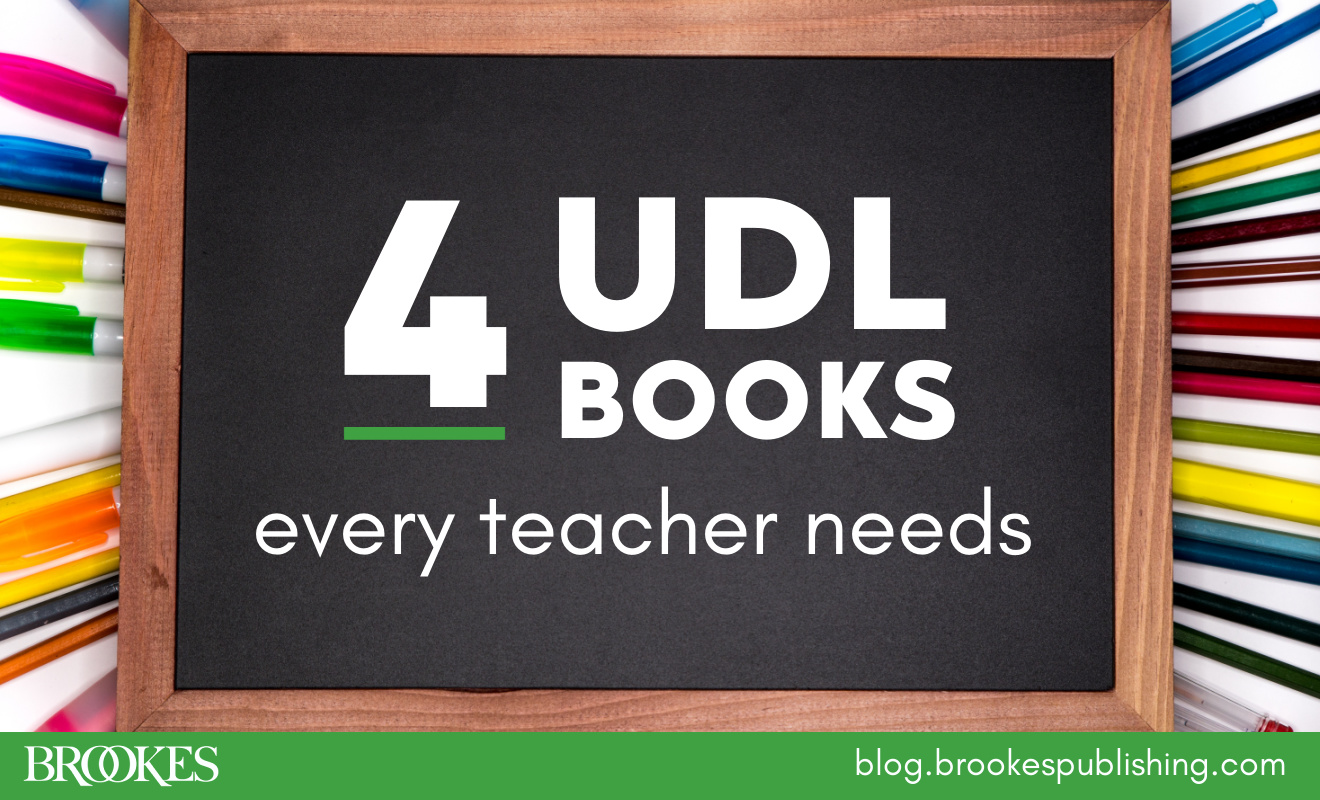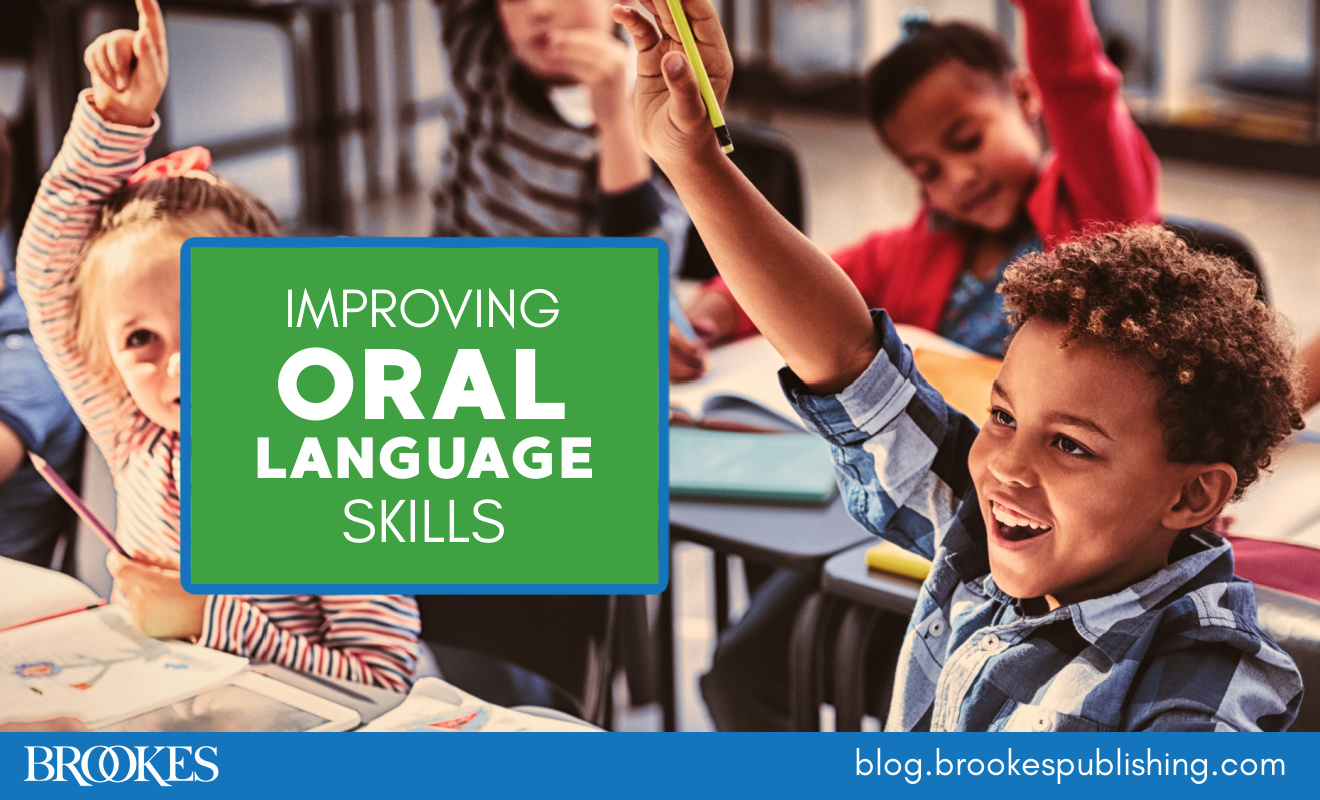Remote Learning Roundup: 6 Things for Teachers to Do and Remember During School Closures
March 19, 2020
As concerns over COVID-19 continue to shutter schools and limit access to community resources, teachers across the country are facing questions they never thought they’d have to ask. How can I shift to online learning when not every student has a computer, and some have complex support needs? What should I be communicating to families? How can I help students—especially those with anxiety—who may be struggling with intense fear and concern as the days go on? And how are other teachers making this work?
Today we’re bringing you a special edition of the Inclusion Lab: a roundup of relevant resources, framed as six important things for teachers to do and remember during this strange, complicated, and uncertain period in our history.
We at the Inclusion Lab wish you and your loved ones good health and safety. It’s a tough time for everyone, and our loyal readers are very much on our minds. Thanks for everything you’re doing right now to support children and families, and if there’s any other information we can share to help you cope, please send us a comment and let us know.
Keep access and equity issues in mind.
As schools close across the country, some districts are not conducting a shift to online learning due to complex access and equity issues that affect many students, including those with disabilities and those who don’t have computers and smartphones at home. Others are trying to work fast to create remote learning materials—and struggling with the question of how to provide services, supports, and accessible lessons to students with disabilities.
There are no easy answers in these unprecedented times—as this article in Chalkbeat makes clear—but here are some guidelines and resources that might help:
- The U.S. Department of Education’s Office for Civil Rights has developed both a webinar and a fact sheet to help schools uphold the civil rights of all students, including those with disabilities, while schools are closed.
- On the IDEA web page, there’s a Q&A on providing services to children with disabilities during the COVID-19 pandemic.
- On the Understood website, seasoned online educator Kristen L. Hodnett offers UDL-based tips on how to create online assignments for students while being sensitive to learning barriers and disparities in access to technology.
- The National Center on Disability and Access to Education has developed this series of one-page “cheat sheets” to help you create accessible content using tools like Microsoft Word and YouTube.
- The University of Washington’s DO-IT (Disabilities, Opportunities, Internetworking, and Technology) Center has 20 tips for teaching an accessible online course.
- This EdSurge article includes 6 tips and guidelines for making online learning accessible.
How is your school or district managing issues of access and equity during closures? Tell us in the comments below!
Remember social-emotional needs.
Students living through these uncertain times are likely struggling with a complex blend of tough emotions right now: frustration and boredom due to social isolation, fears for their friends’ and family’s health and financial situation, anger at missing out on anticipated school and community activities, concern and confusion about what might happen next.
Jen Alexander, author of Building Trauma-Sensitive Schools, is holding a helpful FREE webinar: Trauma-Sensitive Student Support During School Closures: Practical Strategies for Helping Caregivers Help Kids. She’ll be talking about specific activities and strategies that teachers can use to support the well-being of students and families in trauma-sensitive ways. Register now to watch the webinar and access her free support materials afterward.
Here are some other articles and resources you might want to read and share with parents to help support the social-emotional needs of your students:
- CDC: Helping Children Cope with Emergencies
- Child Mind Institute: Talking to Kids About the Coronavirus
- CNN: What Parents Can Do to Face Coronavirus Anxiety
- Understood: When Kids Are Anxious About Coronavirus: What to Do
- Anxiety & Depression Association of America: How to Talk to Your Anxious Child or Teen About Coronavirus
- Today: 4 Ways Parents Can Ease Kids’ Coronavirus Anxiety
- ADDitude: How to Explain Coronavirus to a Child with Anxiety
- Psychology Today: How to Talk to Kids and Teens About the Coronavirus
Learn what’s worked for others.
- Teachers in other locations that have been severely affected by COVID-19 are starting to share remote learning strategies that have worked for them. Over on Edutopia, an American teaching in Beijing shares what educators in China have discovered about remote learning in the month they’ve been out of school. (The article includes a list of apps they’ve found especially helpful.) And in this blog post, an American educator living and teaching in Bahrain talks about what worked for her when her school suddenly shifted to online learning.
- This article on the PBS website shares distance learning tips from one teacher to another, including practical suggestions on making the most of available technologies.
- Over on EdSurge, columnists Reshan Richards and Stephen Valentine have written a thoughtful Letter to Educators Teaching Online for the First Time. Some good tips in here about how to maintain a presence in your students’ lives and stay connected during this time.
- You might also glean some good tips from this article on Inside Higher Ed, in which 17 instructors offer guidance for colleagues teaching an online course for the first time (this article isn’t specific to the situation with COVID-19, but still contains some helpful insights).
Try a new tool or resource.
Looking for something new to engage your students in learning during school closures? We Are Teachers compiled this helpful list of 80+ free online learning resources for teaching your students virtually. The resources span grades K-12 and include ready-to-use lesson plans, activities, educational game platforms, printable worksheets, interactive stories, and virtual field trips. All major academic subjects are represented: ELA, math, science, social studies, second language learning. You’re bound to find something new to try here!
You might also want to check out:
- the suggestions from the New York Times on how to create critical-thinking exercises connected to news stories about the pandemic
- this amazing list of 200+ free online educational resources curated by Open Culture
- the new Tip a Day series from author Paula Kluth on supporting learning during school closures (follow her #PaulaKluthHomeschoolHelp hashtag on Twitter or tune in to the tips on her Facebook page)
- some of the great how-to tutorials on YouTube, such as How to Teach Remotely with Flipgrid and How to Teach Online Lessons with Zoom
- the helpful tools on this page—Distance Learning with PBS LearningMedia
- these online learning packets posted by various school districts and collected in one place by award-winning teacher and blogger Larry Ferlazzo
Share reassuring words and practical tips with parents.
Parents—many of whom are juggling work-from-home responsibilities with their teaching and parenting duties—are sharing your stress and anxiety right now. What can you say to lighten their load, and what resources can you point them to? Here are a few ideas to add to your toolbox:
- Reassure them that they don’t have to be perfect. Educator and parent coach Oona Hanson offers some reassuring words that teachers should share with parents as they continue their child’s learning at home.
- Help them create a home environment that encourages learning and minimizes distractions, especially important if their child needs accommodations. Send parents articles like this one, from education expert and Inclusion in Action author Nicole Eredics. Nicole had to take action fast when her daughter’s college shifted to online learning; in a recent post on her blog, she presents a practical list of ways she’s supporting her daughter’s new education experience.
- Point them to teachers who are homeschooling. Some teachers who are also parents have been making their current homeschooling plans public. UDL advocate Katie Novak and her colleague Alison Sancinito have begun teaching at home during the school closures, and they’ve been sharing their UDL-based quarantine schooling plan here.
- Share some creative activities. This article in the Atlantic has some good ideas and activities for keeping kids occupied at home, and here’s a list of 50 more activities parents and kids can do together. And if you work with young children, we posted a collection of 24 at-home learning activities earlier this week—another great resource to share with parents.
Know you’re not alone with your questions and concerns.
“In the past, when we’ve incorporated technology, we’ve been there to guide it, either in the classroom or by following up the next day. Now, I wonder how we will be able to make instruction clear without being able to look kids in the face.” If you’re a teacher, this article from a New Jersey educator about the “scramble to go digital” will likely resonate. Reporting from Bergen County, Carly Berwick blends her hopes for educational innovation with candid concerns and questions about the challenges of online learning. You’re definitely not alone; teachers across the country are feeling this mixture of determination and uncertainty.
No one can predict when the coronavirus pandemic will fade and schools will be back to “business as usual.” But we’ll be here with you through it all, bringing you information that’s directly relevant to our current reality and guidance and tips you can file away for when school is back in session.
Early next week, we’ll be sharing some practical advice from Brookes authors, addressed to teachers and parents affected by school closures. Brookes is also putting together a series of “coffee break chats” with expert authors, perfect for teachers who are looking for some at-home professional development opportunities. If there’s any other way we can help you out, please let us know in the comments—and again, please take care and stay safe and healthy!




Write a Comment
Your email address will not be published. Required fields are marked *
comments
Caroline Brisberg says
It is pretty difficult to stay at home with kids and help them with their assignments, therefore, my wife has choose this https://assignmentbro.com/us/assignment-writing-service resource where the professionals can help with the homework.
Post a Comment